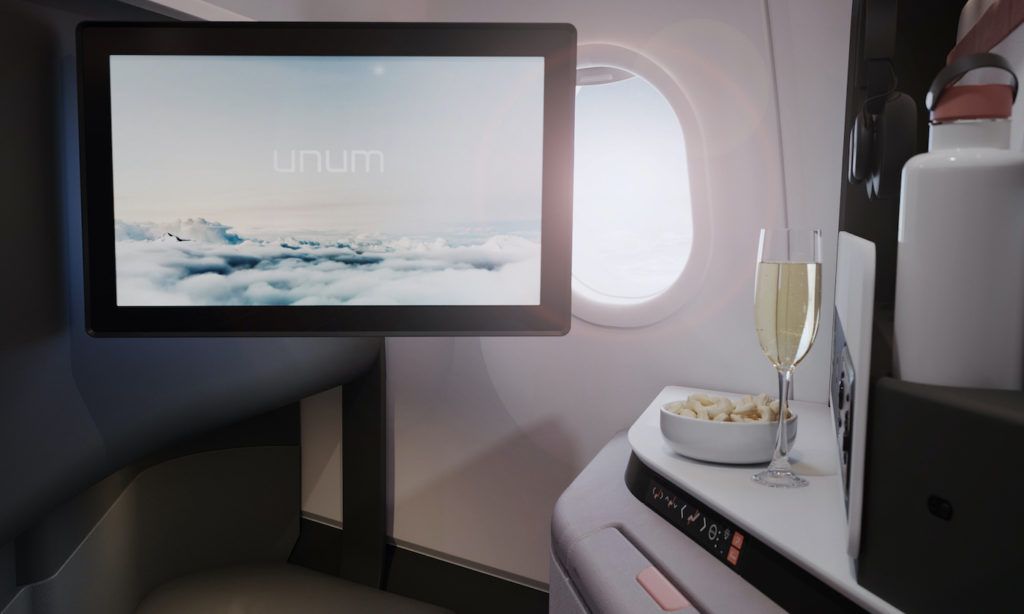A WTO panel assessing the measures the EU and Airbus have taken to comply with the WTO recommendations has issued its findings. As a result of the panel’s findings, the US should immediately reduce the US$7.5 billion in tariffs that the WTO authorised to the US in October by around US$2 billion. This is the direct result of the panel finding that the loans for the development of the A380 no longer have an impact on Boeing sales and that therefore the value of the lost sales no longer exists.
The US Trade Representative (USTR) now should accept the reality that loans made to Airbus in the early 2000s – for the development of a product that is no longer being sold – do not have an impact on Boeing sales.
The panel also asserts that the amendments already made to the A350 loan agreements are not sufficient to fully align the loans with market conditions. Based on these findings, Airbus would support to appeal this report, as per WTO rules.
In May 2018, the WTO Appellate Body clarified that the EU and Airbus have achieved compliance with respect to the vast majority of measures at issue, but considered that some adjustments were needed to the A380 and A350 loans, or to remedy their market effects. Measures have therefore been taken on both programmes relating to the respective loans of Members States or on the market effects those loans had on Boeing.
Airbus remains committed to working with the EU and its member states to comply with the WTO recommendations. With the wide range of additional steps to comply with WTO findings since 2018, the EU and Airbus have demonstrated their willingness to ensure a fair trade environment respecting international trade agreements.
By contrast, the concerned US parties have not taken visible action to address its illegal subsidies, despite the WTO Appellate Body findings in April 2019 that the US had failed to withdraw the subsidies benefiting Boeing, or to remedy their market effects through the 737 MAX, 787 or 777X.
The EU therefore requested the WTO’s authorisation to impose countermeasures on US imports, in line with its estimate of the effects of the US subsidies on Airbus which comes to US$12 billion per year. That decision is expected in the spring of 2020 and would provide the EU authorisation to impose tariffs on imports of US products, including Boeing aircraft.
Airbus continues to encourage the USTR to accept the European Commission’s invitation to engage in meaningful discussions to find a settlement to these disputes. A negotiated settlement is the only way to restore and preserve the free, fair competition and open trade that is essential for an essential and global aviation industry.





